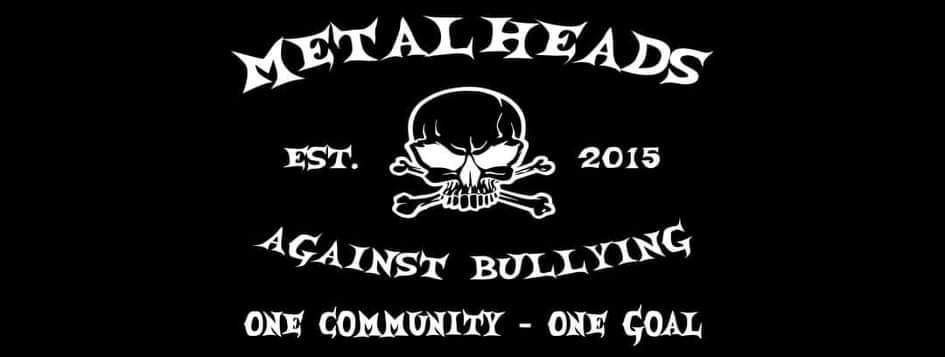 Why is writing in our own voices is so freaking hard sometimes?
Why is writing in our own voices is so freaking hard sometimes?
It’s weird, isn’t it? Many of us can talk the hind leg off a donkey when we’re face-to-face with the folks we’re speaking to. But put us behind a keyboard, and suddenly all that brilliant inspiration disappears. Or we know what we want to write about, but what comes out is dry, boring corporate-speak. What’s an aspiring blogger (or any other kind of online writer, for that matter) to do?
What is your own unique voice anyway?
Your own unique voice is the one you use when you’re talking to your best friend. It’s how you sound when you’re sitting down to explain something to someone you know well. Or emailing a friend. Or writing a Facebook post. It’s not the writing style you learned from your third grade English teacher. Nor is it the one you picked up from your college tutor. And it’s almost certainly not the voice you learned from whoever taught your practical Business Writing course. Your own unique voice is important because it helps your reader get to know you as a person. And that’s critical for them when they’re deciding whether or not they trust you enough to work with you.
What does writing in your unique voice involve?
Because your own unique voice is exactly that, I can’t tell you for sure exactly what it sounds like. However, I can make a few educated guesses. Your unique writing voice probably involves contractions (“can’t” or “doesn’t”), rather than writing every word out in full. It could include the odd sentence fragment. You know. Like this one. And it might even involve the odd swear word or two as well – although there’s absolutely nothing wrong if it doesn’t. Plus – if you’re anything like me – your own unique voice can also involve a lot of weird punctuation: parentheses (brackets), dashes, ellipses (…) and the like. All of which are things we’re traditionally taught to avoid in professional writing.
I’m not saying throw all the rules away
Before I get my fellow writers up in arms, I’m not saying that “anything goes” online. I’m not saying ignore grammar completely, or stop caring about your spelling. After all, people read your stuff because they want to know what you have to say. If every second sentence has a typo, and your punctuation is either random or non-existent, your writing will be crazy-hard to understand. Make your readers work too hard… and they just give up, hit the “close” button, and read something else. But there’s a happy medium where your writing is informal but still easy to understand. And if you can hit it? Magic happens.
Three ways to find – and then write in – your own unique, sassy voice
If all this stuff makes sense to you, but you still can’t find your unique voice, it may help to try one of three specific techniques:
- Imagine you’re actually talking one-to-one with your reader: I often imagine a scenario in my head when I have to write an explanation. I picture taking my reader out for a gingernut latte at my favorite coffee shop and then explaining whatever it is I’m writing about to them.Then, when I start to write for real, I just pretty much transcribe my mental conversation.
- “Phone a friend”… and record the results: If imagining that kind of conversation in detail is just too hard, why not hold it for real? Find a friend who matches your target reader reasonably closely, and ask if they’ll help you out. Tell them you want to explain something to them (either in person or on the phone), and record the results with your cell phone.When you listen back to the recording, transcribe it without the “um”s, “ah”s, and repetition. What remains should be a pretty good reflection of your own unique voice?
- Get your friend to interview you: Tried explaining something to your real-life friend, but still not getting results? In that case, a semi-structured interview may help.Start by thinking of 5-10 questions about your topic that you know your readers want you to answer. Then, ask your friend if they’re willing to play interviewer for you.Get them to read you the questions, and then record yourself answering them in as much detail as you can manage! Many people find it far easier to answer direct questions than they do to talk at length about something. And again, transcribe the results without the “um”s, “ah”s or repetition.
What does YOUR unique voice sound like?
How closely does the voice you use in your website, blog and training materials match the one you use in everyday conversation? If there’s a difference, what could you do to make your styles more consistent? Please feel free to share your thoughts in the comments below.
Tanja Gardner is a professional copywriter, word weaver and story sculptor at Crystal Clarity Copywriting Ltd. She helps difference-makers like you write with concise, creative clarity that your readers intuitively “get”. That means they understand EXACTLY what you offer – so you can make more of a difference in their lives. To connect with Tanja, say hello on Twitter or Facebook, or follow her blog. Or, diskover how write a scannable web page people that actually read with her Make Your Web Page Crystal Clear guide. It’s completely FREE when you sign up for her short-‘n’-sweet weekly writing tips.







Great advice, Tanja! You know when you have found your writing voice when regular readers recognise your style even when you don’t “sign off”. I think it’s great when my clients say to me, “I can hear you talking to me when I read your posts!”
Write how you speak (but check the obvious spelling mistakes!) is the best advise I ever received online.
Thanks for commenting Jan 🙂 I also try to let myself show in what I write
Hi Tanja
That’s great advice. I find it so much easier to write as I would talk, which does tend to lead to the crazy punctuation your mention.
I think this style of writing makes it easier for the reader too – which is, after all, the purpose of our posts.
Thanks for the comment Joy. It does make it easier for the reader, yes 🙂 I’m also ‘guilty’ of writing as I speak most times. I blame it on English being my second language 🙂